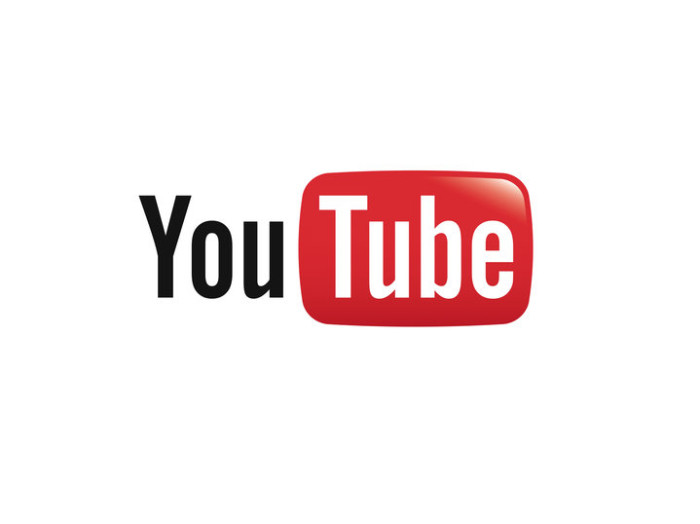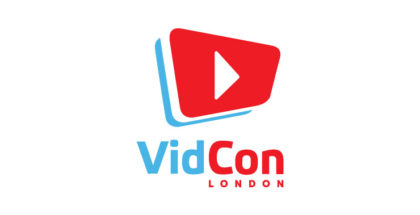YouTube doesn’t pay UK musicians enough, warns report
David Farnor | On 13, Sep 2016
YouTube doesn’t pay UK musicians enough money for streaming their music, warns a new report.
The annual Measuring Music 2016, published by the organisation UK Music, highlights just how important music is to the country’s economy. 2015 saw increased export growth across the sector boost a £4.1bn overall contribution to the UK’s economy.
Culture Secretary, Karen Bradley MP, says: “Of all the albums sold across the globe last year an incredible one in six was by a British artist. The extraordinary success of artists like Coldplay and Adele added billions to our economy. We want to maintain and build on that success.”
However, the music industry is undergoing a major shift from ownership to streaming – and that shift continues to spark a serious debate between artists and media companies about money.
Paid subscription streaming services, such as Apple Music, Spotify, Tidal and Deezer, are now providing a “significant boost” to the digital music economy, says the report. “To some extent, the impact of streaming is off-setting declines elsewhere in the market.”
Indeed, subscription platforms are now “a key to the continued success of the industry”, with the value of paid services jumping from £168m in 2014 to £251m in 2015.
However, the report calls for the streaming industry to “operate fairly and value the music that creates business and traffic”.
“The debate on fair remuneration for rights holders from digital services like YouTube and from all user-uploaded content has never been more important if our future digital market is to continue to grow and prosper,” says the report.
YouTube is particularly singled out, though, as the platform that needs to pay artists more.
A recent survey by Audiencenet found that more than 30 per cent of respondents were weekly users of YouTube making it “by far the most popular” method of music consumption within the UK.
However, UK Music says the site is “yet to deliver fair financial returns” for rights owners and creators, artists, composers, songwriters and publishers. “In 2015 it paid out $740m in music rights payments, up only a modest 11 per cent from 2014, despite total views growing 132 per cent to 751 billion streams. Per-stream rates fell from $0.0020 to $0.0010.”
YouTube says it’s paid out over £2.3bn to the music industry so far.
YouTube, though, argues that it does not pay on a per-stream basis and that money coming from advertising means that it cannot be copmared to purely subscription-based services, such as Apple or Spotify.
“The way that we pay to all creators is the same,” Thea O’Hear, a communications manager at YouTube, told Newsbeat. “You get over half of the advertising revenues from the advertising against your video. That’s the way that we pay and we’re seeing that business grow hugely and dynamically.”
UK Music’s Jo Dipple added: “I’m not sure YouTube – or Google (which owns YouTube) – has ever seen music as being that important. I think YouTube should start valuing music like Apple Music does with its services. Music is an intrinsic reason why people go to the platform and they should see music as an intrinsic part of their business.”




















